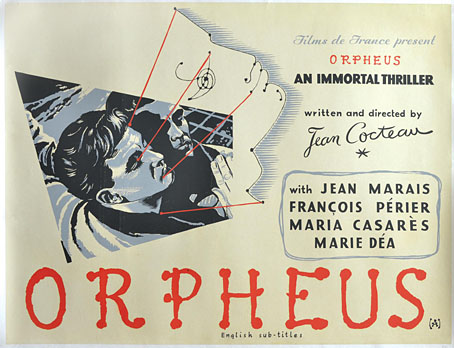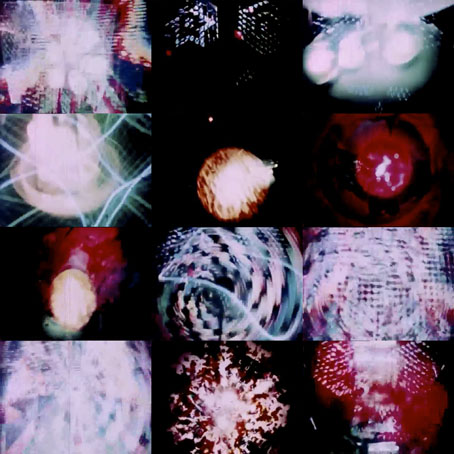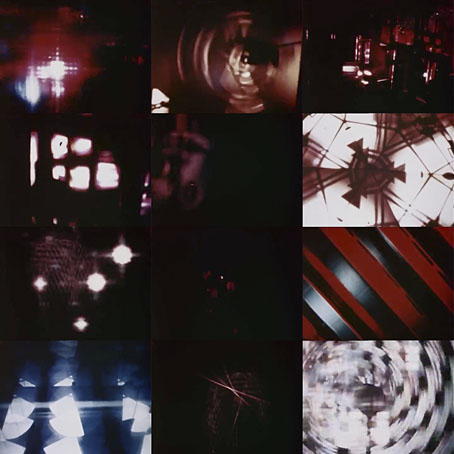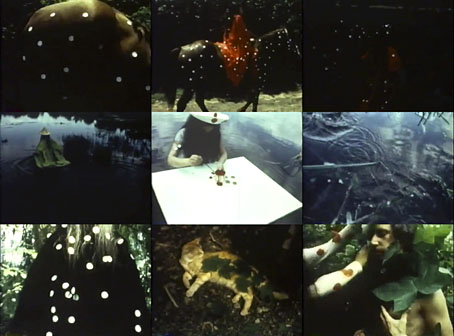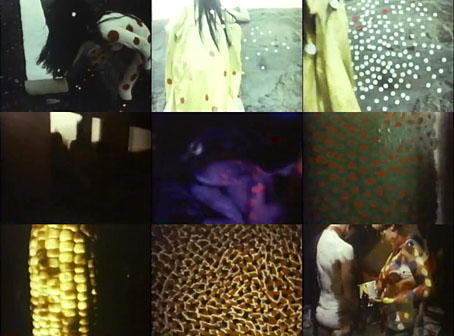UK poster, 1950. Cocteau’s film receives a UK blu-ray release this week.
• Into the Zone: 4 days inside Chernobyl’s secretive “stalker” subculture by Aram Balakjian. (Again. There’s an implication in Balakjian’s piece that illicit Chernobyl tourism is a new thing even though people have been doing this for a while now.) Related: Jonathan’s visit to the Chernobyl reactor control room, and photos of Soviet-era control rooms (plus a couple of stray American examples).
• “He’s a very interesting author: a disabled, gay writer during the Third Reich…who somehow survived only to be shot by a Red Army patrol days before the end of the war.” At the Edge of the Night (1933) by Friedo Lampe will receive its first English-language publication via Hesperus Press next month.
• “The tradition of the painted still life has been reinvented by contemporary photographers with pictures that pose a puzzle and slow the viewer down,” says Rick Poynor.
• Comic artist Matt Howarth has been writing short reviews of electronic music for many years. Sonic Curiosity is his archive site.
• Bauhaus at 100: what it means to me by Norman Foster, Margaret Howell and others.
• RIP Jonas Mekas. Related: a conversation between Jonas Mekas and Jim Jarmusch.
• Beyond the Buzzcocks: Geeta Dayal remembers Pete Shelley‘s electronic side.
• Where to begin with Jean Cocteau: Alex Barrett goes through the mirror.
• Mix of the week: Secret Thirteen Mix 278 by Sarah Louise.
• At Dennis Cooper’s: Jud Yalkut Day.
• Undulating Terrain (1995) by Robert Rich & B. Lustmord | Darkstalker (2000) by Bohren & Der Club Of Gore | Stalker Dub (2012) by John Zorn

